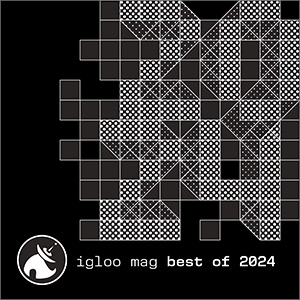The sonic language employed on this album benefits from an approach tempered in years of serious classical musical scholarship.
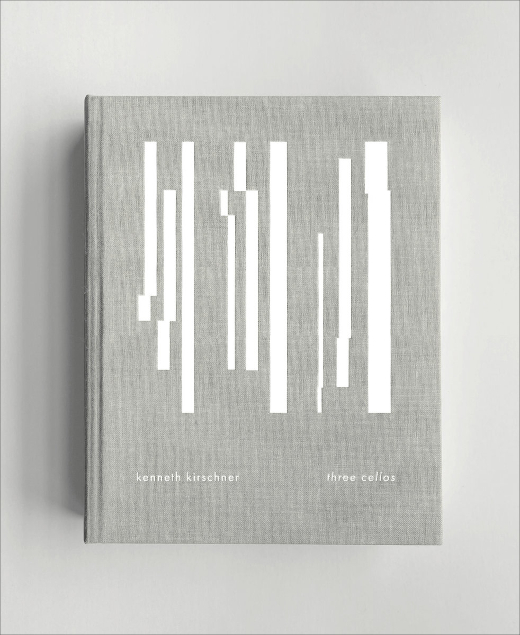
The language of the well tempered classical cello
Bowed strings exquisitely recorded exploring perfect harmonies and the language of the well tempered classical cello. The mood is perfect for quiet listening and enjoying the instrumental soundscapes of contemporary classical new music, acoustic and electronic minimalism, and digitally mediated modes of composition. The presentation is remarkable, equal parts music release, theoretical text, study score, making-of narrative, and collectible art object.
This is the first Greyfade album to be released in a new format called FOLIO: a hardcover book (a 6.5 x 8″ linen hardcover book including essays, musical scores, photography, & more) with an included high-resolution download of the music. There are 10 tracks, all ten are titled July 8 2017 with both sequential designations (1, 2, 3…) and a further mysterious lower case Roman system which presents a different sequence: i, ii, iii, vi, iv, v, ix, xi, xiii and xiv, thus 1, 2, 3, 6, 4, 5, 9, 11, 13 and 14. The longest track is 7:33 and the shortest is 2:29 minutes.
For me, music is all about the sound. The sonic language employed on this album benefits from an approach tempered in years of serious classical musical scholarship. The culmination of five years of development, an ongoing exploration into the integration of digital composition and instrumental chamber music. Three Cellos offers a detailed examination of the process, techniques, and experience of translating an intricate contrapuntal composition by Kirschner from its originally electronic form, into a notated score for cello, and finally into the finished suite of cello recordings included with the book. The artists’ intention with the book, rather than a conventional act of documentation, is to create what they refer to as a “cookbook”: a text that will act not simply as an explanation or story of how the music was created, but as an active, generative set of instructions, processes and techniques – recipes – that they hope other artists will explore, learn from, and adapt within their own practices.
Three Cellos began its life as a digital composition by Kirschner – July 8, 2017 – that played with algorithmic and generative techniques, while simultaneously keeping one eye on a more traditional image of instrumental counterpoint and harmony.
The process: Producer Branciforte first undertook the task of translating Kirschner’s digital composition into traditional musical notation, painstakingly capturing the uniquely non-metric rhythmic sensibility of the original, while establishing a distinct new identity for the piece as an acoustic arrangement.
The performer, cellist Christopher Gross, realized the multi-cello piece, layering his nuanced, emotional and intense performance over itself in the studio to create a unique recording that both captures and extends the composer’s original vision.
Multi-instrumentalist, producer, composer, and Grammy award-winning recording engineer Joseph Branciforte brought to Three Cellos not only his vision as Greyfade’s founder but his skills as a classical arranger and engineer. With a unique understanding of Kirschner’s unusual style – honed on their previous collaboration From the Machine, Vol. 1 (Greyfade, 2021) – Branciforte tackled the daunting task of creating a notated, performable score from Kirschner’s fluidly structured electronic composition.
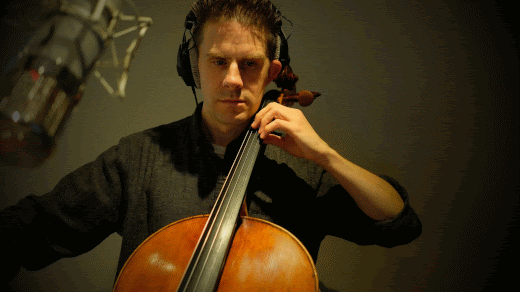
Branciforte is the founder of the record label “greyfade.” Branciforte’s wide-ranging musical activity spans acoustic, electronic, and algorithmic composition, performance and improvisation on a variety of acoustic and electronic instruments, and an expansive discography as recording, mixing, and mastering engineer. At the bottom of each of these seemingly discrete threads lies a relentless fascination with sound as a profound emotional medium — organized through musical form, articulated by a careful selection of sound sources, and framed through the act of recording.
Branciforte has collaborated closely with artists including Taylor Deupree, Theo Bleckmann, Ben Monder, Kenneth Kirschner, and Jozef Dumoulin. As recording engineer, he has lent his talents to over 300 albums, working with some of the most respected names in jazz and creative music: Bill Frisell, Tim Berne, Vijay Iyer, Chick Corea, Nels Cline, Wadada Leo Smith, Craig Taborn, Marc Ribot, Steve Lehman, and The Westerlies. In 2022, he received Grammy and Latin Grammy awards for his engineering on Mirror, Mirror from Eliane Elias with Chick Corea and Chucho Valdez. Albums he has produced, engineered, and mixed have been included in the NPR Jazz Critics’ Poll Top 10 and Downbeat Magazine‘s Albums of the Year and can be heard on ECM, Sony, Dualtone, Pi Recordings, Sunnyside, Ropeadope, Cantaloupe, New Amsterdam, and Naxos.






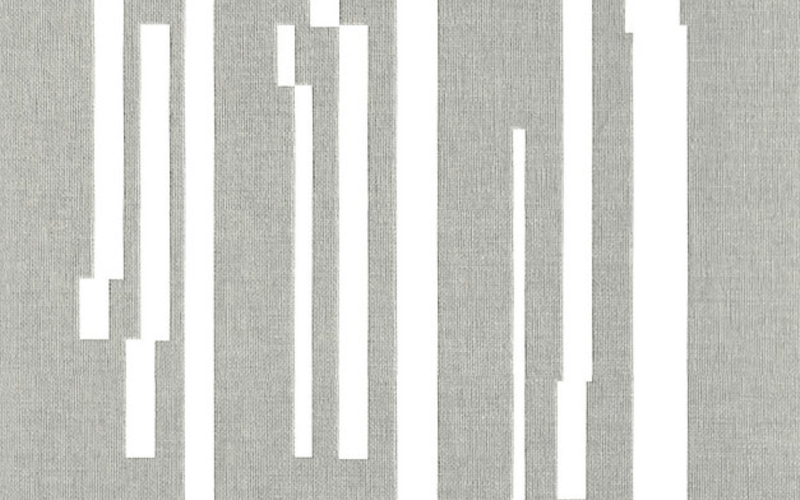

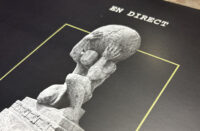
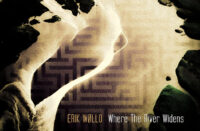




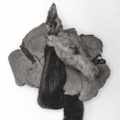









![Romanowitch :: A critical season substitute (glitch.cool) — [concise]](https://igloomag.com/wp/wp-content/uploads/2025/03/romanowitch-a-critical-season-substitute_tape_feat-75x75.jpg)

